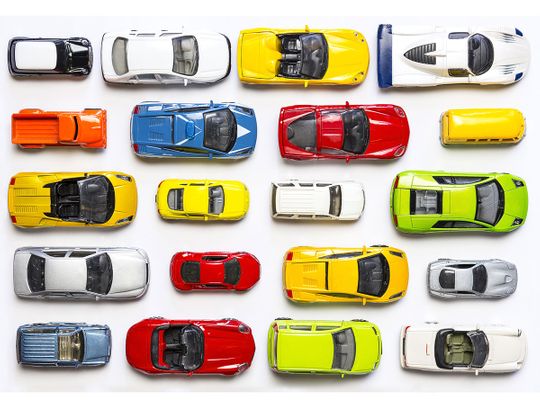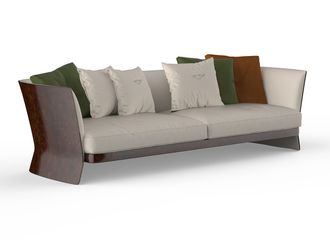
There are several interesting anecdotes surrounding Henry Ford, the towering pioneer of automotive mass production. One of the better known ones include Ford offering customers a choice of any colour they liked… as long as it was black! His Model T was available in several hues over its production lifespan; however, black was the only colour it came in for the period between 1914 and 1925. The reason attributed to this decision is that black paint dried quicker than other colours!
A century later, with paint technology having advanced by leaps and bounds, you would imagine buyers would happily choose from the incredibly broad palette of colours carmakers leave at their disposal. Interestingly, 19 per cent of the world’s car buyers still favour black, which was the second most popular colour for a new car bought in 2019, just behind white, which dominates the global automotive colour popularity charts at 38 per cent. The preference for white jumps to a whopping 49 per cent in Asia. These figures are from the annual report published by Axalta (previously DuPont), which has been tracking the trend and studying consumer preferences on automotive colours over the last 67 years.
So what is it that draws customers to white and black when they can choose from any colour in the spectrum and everything in between? There are several factors to be considered when choosing the best colour for a car. While appeal and individual taste should ideally be the main factors, it seems these are trumped by considerations such as easy maintenance and potentially higher resale value. This explains why white, black, grey and silver top the popularity charts. Subdued colours are considered best options if long-term value retention is important. These restrained shades are known to help retain a car’s residual value and it is likely easier to find a buyer for these in the second hand market than those sporting flashy colours.
So if you intend to sell your car in a few years, then it is best to avoid brighter colours such as orange, green or yellow, as these colours traditionally see less demand in the used car market. But if you want a little bit of excitement in your paint choice, blue, red and brown seem to be relatively safer choices. That said, these factors are also dependent on the type and size of your car. While brighter colours generally suit smaller cars and thus might not affect residual values significantly, larger cars will find it difficult to pull off vibrant shades.
However, if you already have a bright coloured car, don’t despair; this trend is showing signs of change, albeit very slowly. “While the top four neutral colours – white, black, grey and silver – continue to lead preferences globally, we are starting to see other colours make moves in popularity that might not have been thinkable in past years,” says Nancy Lockhart, Axalta Global Product Manager for Colour. “For sure, the consumer is truly beginning to change the way they view their vehicle’s colour,” she adds.









